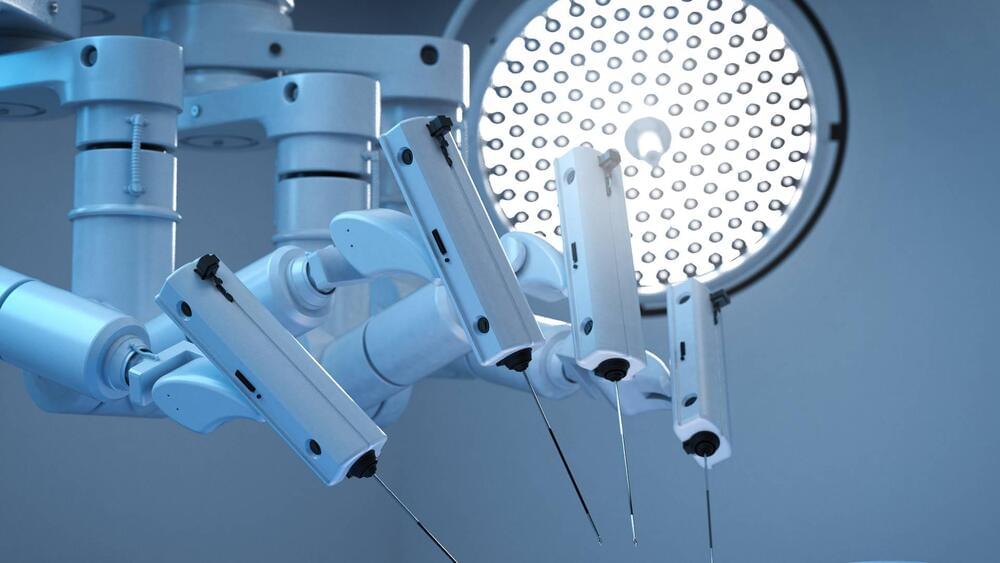Researchers have trained a robotic ‘chef’ to watch and learn from cooking videos, and recreate the dish itself.
The researchers, from the University of Cambridge, programmed their robotic chef with a cookbook of eight simple salad recipes. After watching a video of a human demonstrating one of the recipes, the robot was able to identify which recipe was being prepared and make it.
In addition, the videos helped the robot incrementally add to its cookbook. At the end of the experiment, the robot came up with a ninth recipe on its own. Their results, reported in the journal IEEE Access, demonstrate how video content can be a valuable and rich source of data for automated food production, and could enable easier and cheaper deployment of robot chefs.





